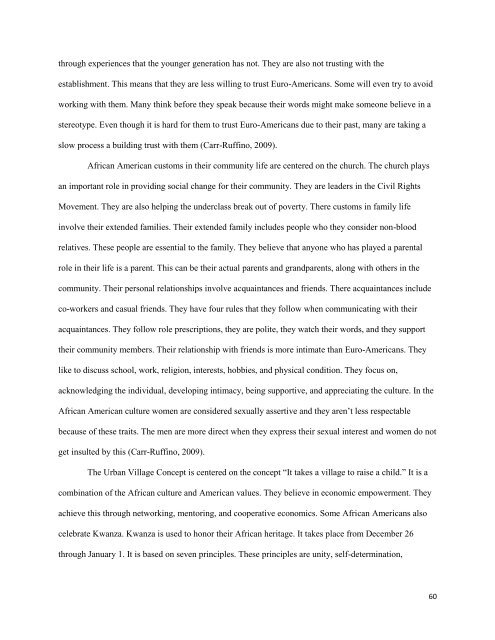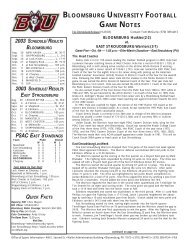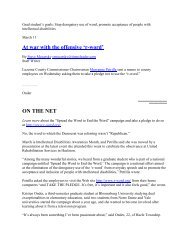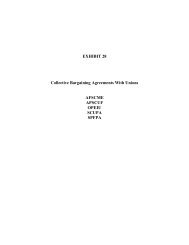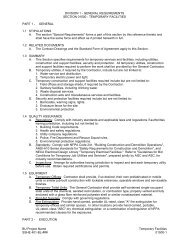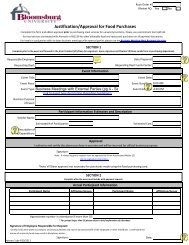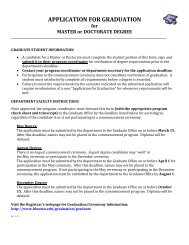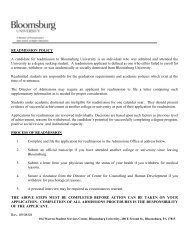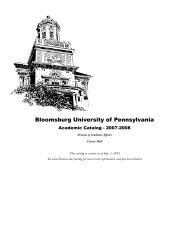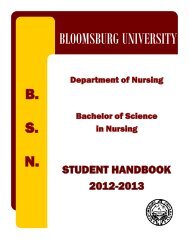Human Rights at Home and Abroad: Past, Present, and Future
Human Rights at Home and Abroad: Past, Present, and Future
Human Rights at Home and Abroad: Past, Present, and Future
You also want an ePaper? Increase the reach of your titles
YUMPU automatically turns print PDFs into web optimized ePapers that Google loves.
through experiences th<strong>at</strong> the younger gener<strong>at</strong>ion has not. They are also not trusting with the<br />
establishment. This means th<strong>at</strong> they are less willing to trust Euro-Americans. Some will even try to avoid<br />
working with them. Many think before they speak because their words might make someone believe in a<br />
stereotype. Even though it is hard for them to trust Euro-Americans due to their past, many are taking a<br />
slow process a building trust with them (Carr-Ruffino, 2009).<br />
African American customs in their community life are centered on the church. The church plays<br />
an important role in providing social change for their community. They are leaders in the Civil <strong>Rights</strong><br />
Movement. They are also helping the underclass break out of poverty. There customs in family life<br />
involve their extended families. Their extended family includes people who they consider non-blood<br />
rel<strong>at</strong>ives. These people are essential to the family. They believe th<strong>at</strong> anyone who has played a parental<br />
role in their life is a parent. This can be their actual parents <strong>and</strong> gr<strong>and</strong>parents, along with others in the<br />
community. Their personal rel<strong>at</strong>ionships involve acquaintances <strong>and</strong> friends. There acquaintances include<br />
co-workers <strong>and</strong> casual friends. They have four rules th<strong>at</strong> they follow when communic<strong>at</strong>ing with their<br />
acquaintances. They follow role prescriptions, they are polite, they w<strong>at</strong>ch their words, <strong>and</strong> they support<br />
their community members. Their rel<strong>at</strong>ionship with friends is more intim<strong>at</strong>e than Euro-Americans. They<br />
like to discuss school, work, religion, interests, hobbies, <strong>and</strong> physical condition. They focus on,<br />
acknowledging the individual, developing intimacy, being supportive, <strong>and</strong> appreci<strong>at</strong>ing the culture. In the<br />
African American culture women are considered sexually assertive <strong>and</strong> they aren‘t less respectable<br />
because of these traits. The men are more direct when they express their sexual interest <strong>and</strong> women do not<br />
get insulted by this (Carr-Ruffino, 2009).<br />
The Urban Village Concept is centered on the concept ―It takes a village to raise a child.‖ It is a<br />
combin<strong>at</strong>ion of the African culture <strong>and</strong> American values. They believe in economic empowerment. They<br />
achieve this through networking, mentoring, <strong>and</strong> cooper<strong>at</strong>ive economics. Some African Americans also<br />
celebr<strong>at</strong>e Kwanza. Kwanza is used to honor their African heritage. It takes place from December 26<br />
through January 1. It is based on seven principles. These principles are unity, self-determin<strong>at</strong>ion,<br />
60


